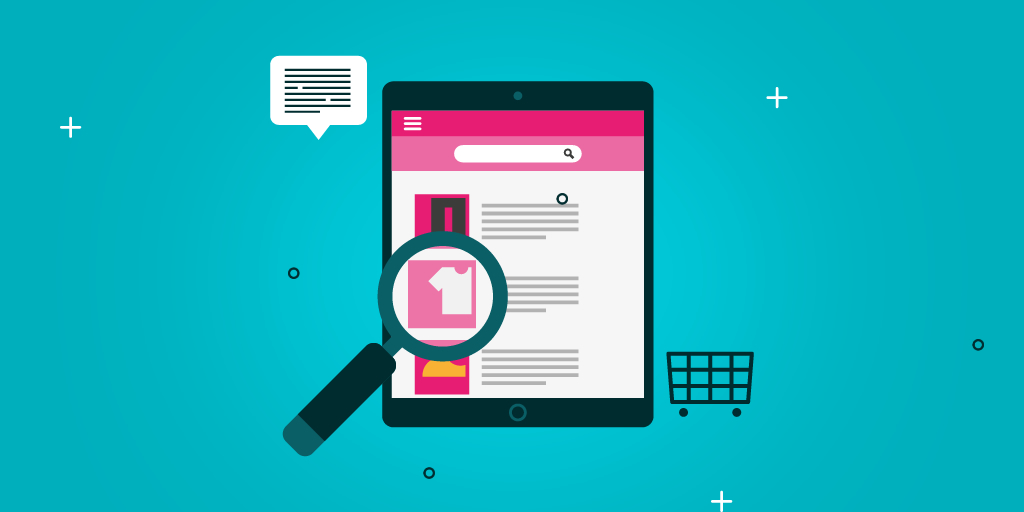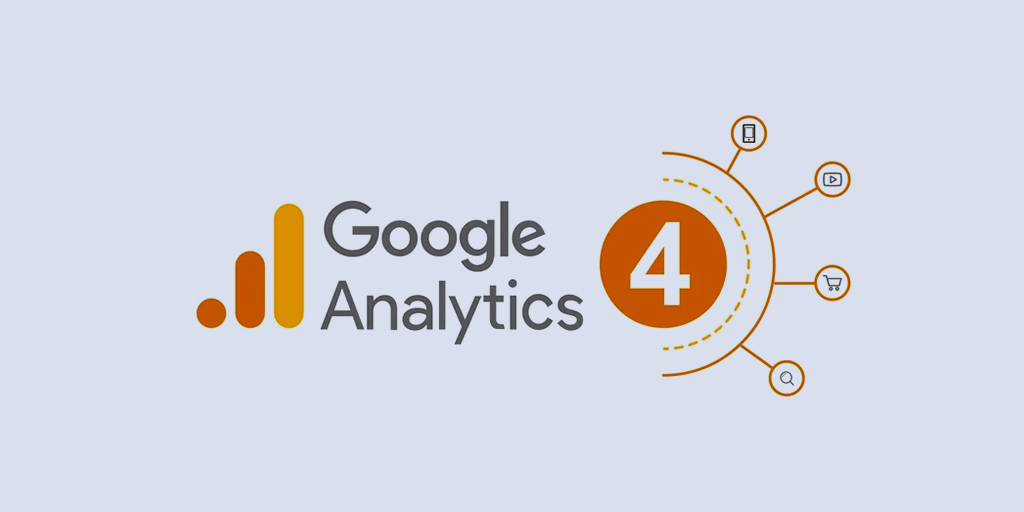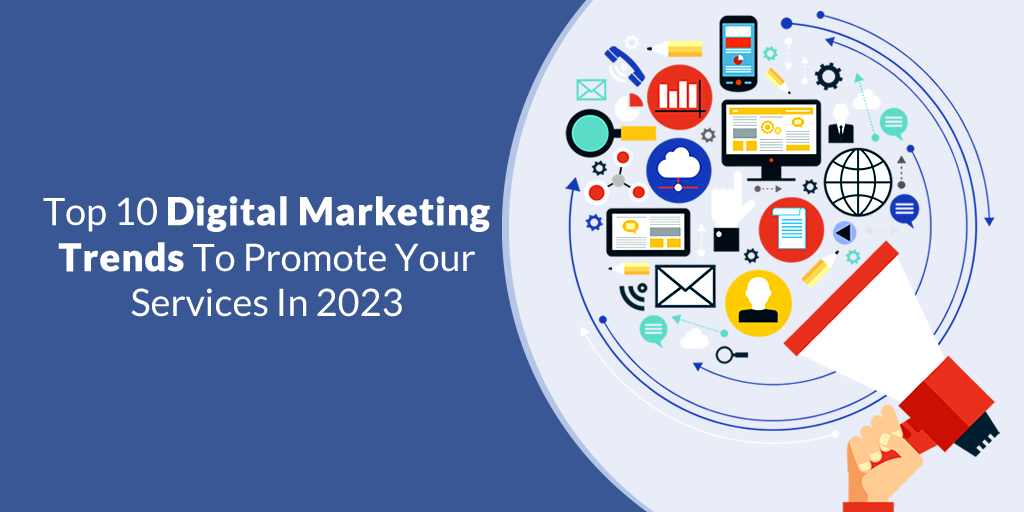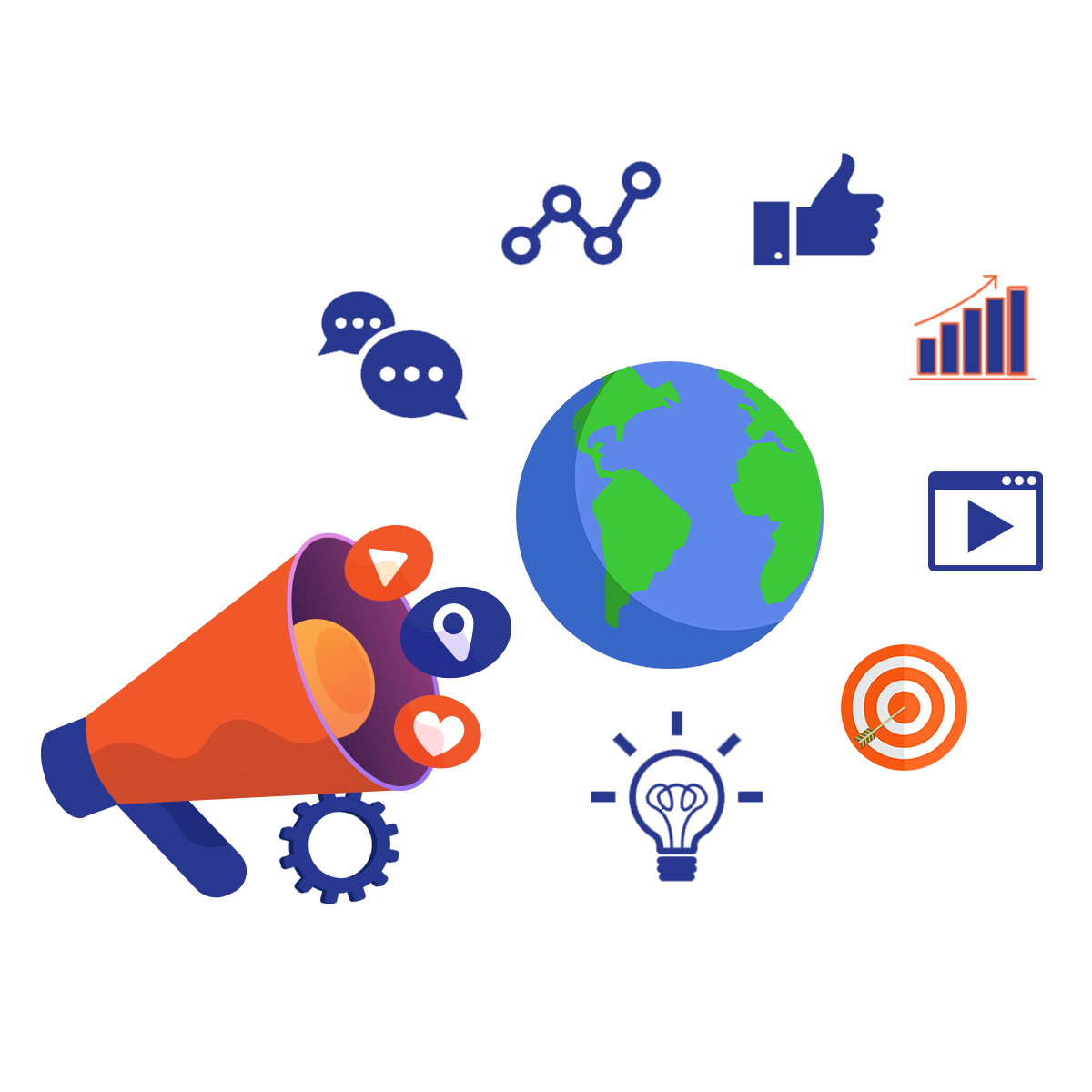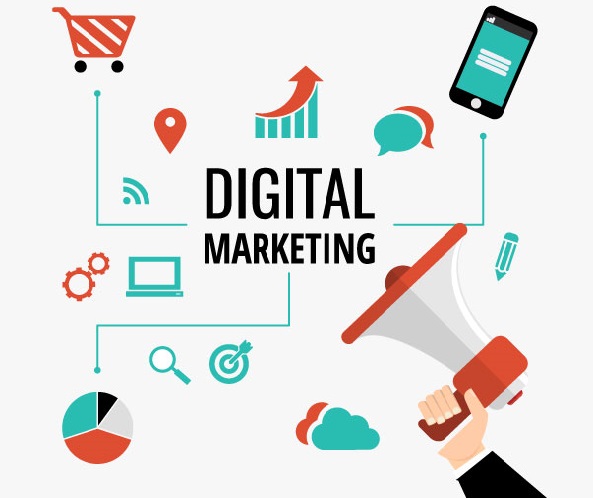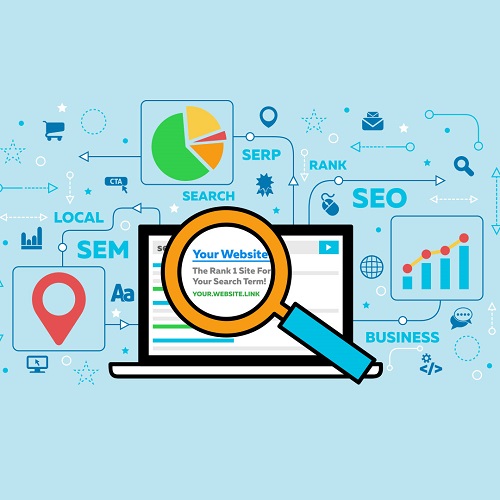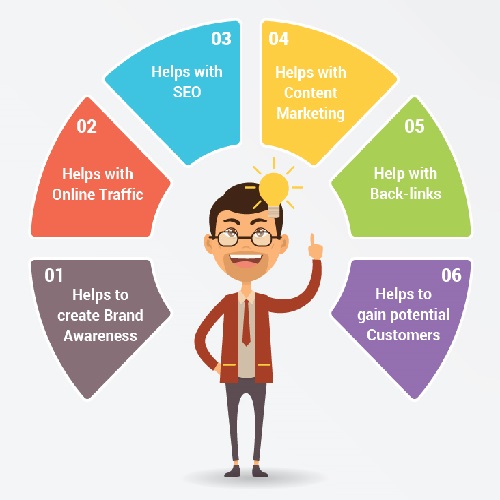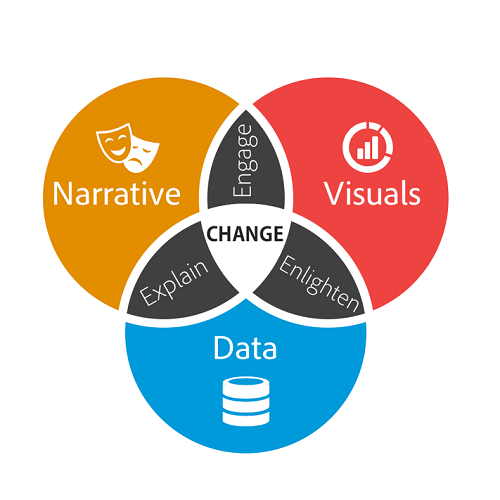Contact Us
Related Posts
Category

Data analytics is one of the most prominent strategies that businesses use to make and hold a strong position in the highly competitive market.
For most businesses, data analytics is like a guiding track. A track that keeps the train of their digital marketing strategies running towards their business goals. But as the landscape of digital marketing is constantly changing, it is important to make the track stronger. In short, Being successful with digital marketing depends on how strong your data analytics practices are.
So to make your data analytics track stronger, we decided to take you on a journey. On the way, we will explore some effective ways to leverage data analytics to achieve greater success.
Come, get on board with us!
Why is Data Analytics Important?
Let’s begin our journey by understanding why data analytics is important for you. Data Analytics is the practice of studying raw data to get valuable insights for your business. You can create impactful marketing campaigns by leveraging such data-driven insights.
Businesses give importance to data analytics because it helps them to;
- Identify new trends that the audience likes
- Measure the performance of their digital marketing strategy
- Gain valuable insights into customer behavior
- Understand their brand’s position in the market
With all the information acquired from data analytics, you can shift priorities, make corrections, and reallocate resources in your existing digital marketing strategy. Also, you can create new opportunities for improvement and plan future actions for your digital marketing strategy. With all these benefits, you can easily understand the importance of data analytics.
Ways to Leverage Data Analytics for Digital Marketing Success
Next up in the journey are some of our recommended ways that you can use to leverage data analytics for your business.
1. Understanding your target audience
The first and most effective way of leveraging data analytics is by understanding your audience deeply. This may include understanding their interests, behaviors, and preferences. You can use tools like CRM systems, Google Analytics, and social media insights to collect data and gain valuable information related to your target audience.
All these data also help you in segmenting your audience based on different parameters such as age, location, profession, and others. You can create specific marketing strategies for different groups of audiences for even better results. In a nutshell, you can find out what your audience is, what things they like or hate, and how you can create an impact on them with your brand or product.
2. Creating personalized content for users
Once you get data-driven insights about your audience and you have segmented them perfectly, you can start creating personalized content for them. Every modern user wants to see content that is specially created for them. Content that connects with their interests or needs. Insights from data analytics can help you create such content easily.
You can get valuable information by tracking user interactions at different touchpoints. These touchpoints can be anything where a user might have interacted with your brand and might have taken action, such as making a purchase or subscribing to a newsletter.
With personalized content, you can improve customer satisfaction and increase conversion rates as well.
3. Increasing Customer Retention
Getting new customers and retaining the old ones is equally important for businesses to grow. Also, it is more cost-effective as retained customers often make larger purchases. Retained customers are also a great source for improving brand trust and credibility which attracts new customers as well. Thus, using data analytics for retaining customers can be a promising way to drive success for your business.
Here’s how you can do that;
You can begin by analyzing data from customer satisfaction surveys, loyalty programs, social media feedback, and purchase history. All these data will help you to find out the factors for customer retention. Next, use these data to create retention-specific marketing strategies. Provide your customers with exclusive offers, provide them loyalty benefits, and encourage them to make repeat purchases.
4. Improving your content strategy
As it is said, content is the king of marketing. But without reliable data to back it up, it cannot lead to success.
By using data analytics, you can identify which type of content your audience likes the most. By analyzing data such as page views, social shares, and time spent on a page, you can identify the preferred type of content.
User interactions on social media posts are the best example for this case. The post that has more likes, comments, or shares is the type of content that people like to watch. Create the same type of content and experiment with some new things as well. This process will increase the chances of audience engagement leading to higher lead generation and conversion.
5. Using predictive Analytics for future
Another great benefit of data analytics is that it not only lets you improve your current strategies but also helps you plan for the future.
Predictive analytics takes you a step further providing you with information on what changes can happen in the market and how you can capitalize on those changes.
By using current and previous data, several algorithms can provide predicted outcomes that can help you with;
- Anticipating future trends in the market
- Changes in customers’ behavior, and
- Potential challenges you might face
Predictive analytics keeps you a step ahead of your competitors and keeps you prepared in advance for unpredicted changes. A prime example of this case is how e-commerce businesses predict peak shopping times and stock their products based on previous sales.
6. Integrating multi-channel data
Digital marketing in the current era has spread to multiple platforms, and new platforms will come in the future as well. So rather than analyzing data on different platforms separately, it is better to integrate data from different channels at a single point. By integrating multi-channel, you can get a unified and larger database. Such data will provide you with a more holistic approach to knowing your audience and planning your marketing strategy.
Some marketing automation tools can integrate data from different platforms such as emails, websites, social media, and CRM systems. These tools also provide you with a comprehensive view of your marketing performance.
The Takeaway
As our journey comes to an end, We strongly believe that data analytics is the key to making your digital marketing strategy worthwhile.
By leveraging data analytics, you can make the best out of your time, effort, and money invested. It helps you to understand your audience, create personalized content for them, increase customer retention, improve your content strategy, and plan your future with predictive analytics. All in all, using data analytics brings countless benefits to your business.
Despite the rise of new technologies like AI and machine learning, Data analytics will always prevail to drive digital marketing success.





















































